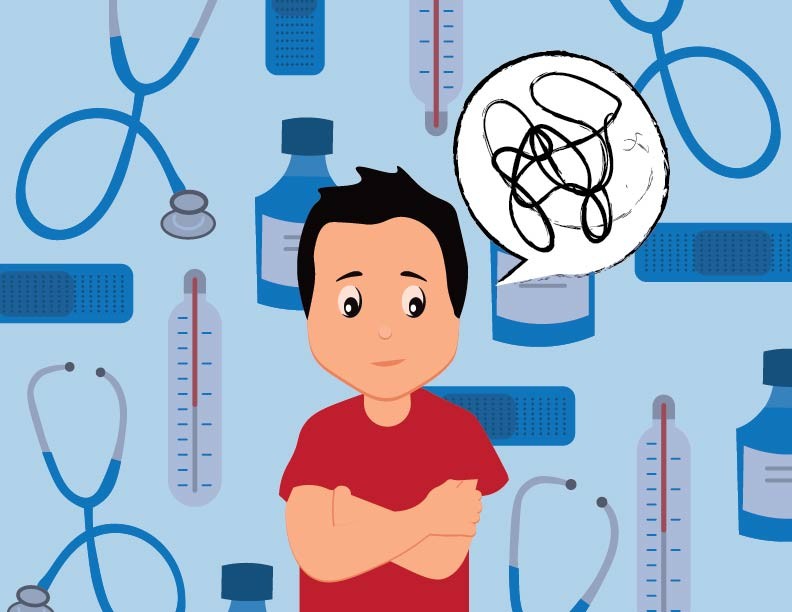Minnesota’s mental health crisis extends all the way to children, but University of Minnesota pediatric residents could alleviate the need for more mental health professionals, officials say.
Bills making their way through the state Legislature would allocate $540,000 in funding for in-clinic mental health training for pediatricians. Pediatricians, who are often on the front lines of children’s mental health, are not currently qualified to handle rising concerns.
“We have a chronic shortage of psychiatrists and that’s not going to improve in the near future,” said Amanda Schlesinger, University assistant professor in the department of psychiatry. “[Pediatricians are] spending a tremendous amount of time on [child psychology] already, and they’re not equipped as well as they could be to handle it.”
Children often go to their primary care pediatricians for any health-related problems, whether they be physical, mental or social, Schlesinger said.
But pediatricians aren’t always well trained in dealing with the non-physical aspects of health care. Instead, they often refer cases to psychiatrists, who have limited availability, she said.
The new training would help pediatric residents identify signs of mental illness, manage simple medications and recommend basic strategies for families.
“Some of the cases that are pretty straightforward can actually be managed by pediatricians,” said Katie Lingras, assistant professor in the Department of Psychiatry, who testified for the bill in a House higher education committee meeting earlier this month.
Lingras said the waitlist for child mental healthcare tends to be long, especially for medication management. One in five children and adolescents in Minnesota suffer from mental health concerns, according to University literature distributed to committee members.
“The better pediatricians are at detecting depression, anxiety [and] ADHD early, the better the outcome for the kid,” Schlesinger said.
Around 70 percent of University pediatric residents will stay in Minnesota, Lingras said, ensuring children across the state would receive services from the newly trained residents.
“When we’re creating a program like this to train the residents, we’re also creating a central bank of knowledge that’s then going to go out in the community across the state,” she said.
The bill’s chief author in the senate, Sen. Greg Clausen, DFL-Apple Valley, cited a 2013 mental health summit funded by the Legislature.
The summit resulted in 24 recommendations — 15 of which were centered around education and training, Clausen said. This included increasing medical school students exposure to psychiatric mental health illnesses.
“This is really a crisis in our state. Mental health [issues] for young people [are] increasing, and the first line of defense are the pediatric doctors that we have that have access to specialized training, and if we can give them more tools to be successful, I think that’s extremely important,” Clausen said.
In the Senate, the bill received a hearing in the higher education committee earlier this month and was referred to the health and human services finance committee. A hearing has not yet been scheduled.
The House’s version was laid over Wednesday for possible inclusion health and human services finance committee’s omnibus bill.
If funding is allocated, the program would roll out this legislative year, with planning starting as soon as the summer, Lingras said.








